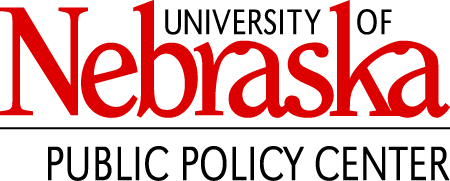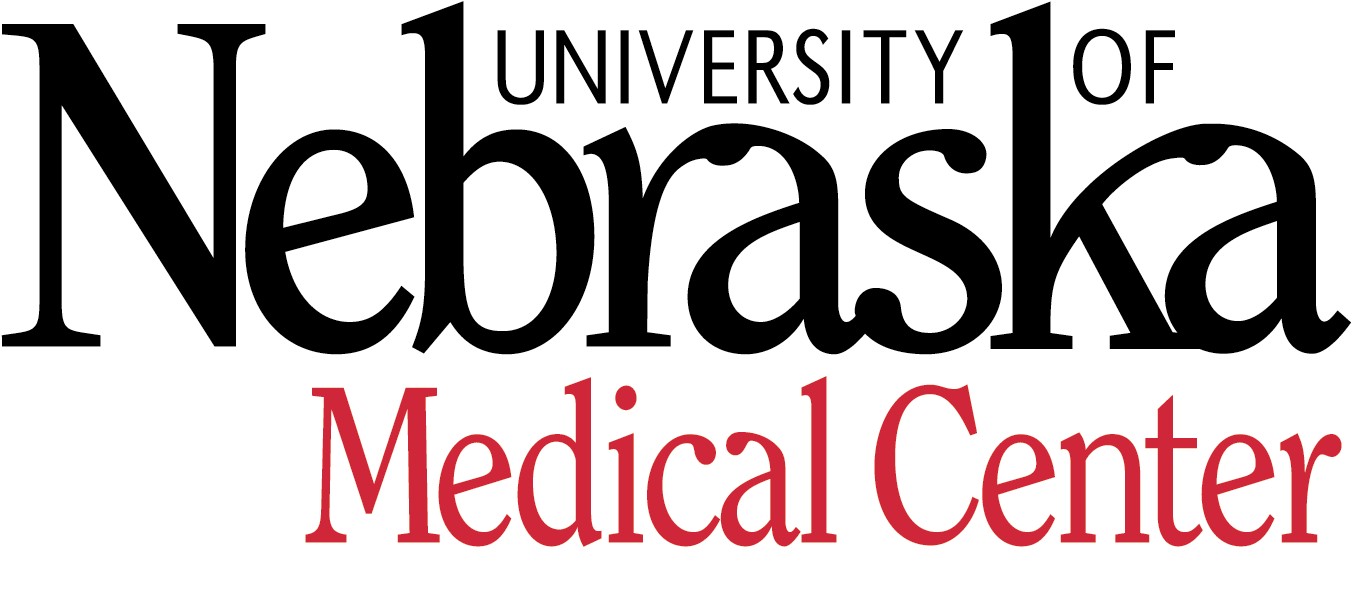Nebraska Disaster Behavioral Health Conference
The Nebraska Disaster Behavioral Health Conference is for psychiatrists, psychologists, social workers, mental health care providers, public health officials, nurses, clergy, emergency managers, and first responders to learn and recognize how to prepare and respond to the psychological effects of disaster and mass casualties.
2009 Conference
July 17, 2009
Embassy Suites Hotel
555 South 10th Street
Omaha, NE 68102
Objectives
1
Introduce the Nebraska Behavioral Health Emergency Response Team (BHERT).
2
Learn about offender characteristics of adolescent and adult mass murderers.
3
List at least three reactions children may experience with parental deployment.
4
Delineate four primary reasons to evaluate disaster mental health programs.
5
Prepare disaster behavioral health responders in responding to declared disasters and undeclared incidents that overwhelm local communities.
Conference Speakers
Scot Adams, Ph.D.
Director, Division Behavioral
Health, Nebraska Dept. of Health and Human Services
Dr. Adams was appointed to head the Division of Behavioral Health by Governor Dave Heineman in March 2007. He has been instrumental in developing Nebraska’s capacity to respond to the psychological and social consequences of the disaster. Under his leadership, Nebraska recently added to this capacity with the development of a State Behavioral Health Emergency Response Team. In addition to spurring the team’s development, Dr. Adams also serves as a team member.
Steve Crimando, M.A., BCETS
Disaster & Terrorism Branch, New Jersey Div. of Mental Health Services
Steven M. Crimando is an internationally known consultant and educator specializing in the human factors/behavioral sciences aspects of crisis management, homeland security, and disaster recovery. Mr. Crimando is a Board Certified Expert in Traumatic Stress (BCETS), a diplomate of the National Center for Crisis Management, and the American Academy of Experts in traumatic stress. He has more than 20-years of experience as a frontline disaster responder and consults with government agencies, NGO’s and multinational businesses on the importance of using accurate behavioral assumptions to inform disaster-related policies, plans, and exercises, as well as response activities.
J. Reid Meloy, Ph.D.
Private practice, forensic
psychologist
Dr. Meloy is a diplomate in forensic psychology of the American Board of Professional Psychology. Formerly chief of the Forensic Mental Health Division for San Diego County, he now devotes his time to private criminal forensic practice, research, writing, and teaching. He is a sought-after psychological expert on various criminal cases throughout the United States and Europe and is currently a consultant to the counterintelligence division of the FBI. He is also a member of the Fixated Research Group for the United Kingdom’s Home Office concerning threats to the Royal Family and British political figures.
Robin H. Gurwitch, Ph.D.
Program coordinator for the National Center for School Crisis and Bereavement
Dr. Gurwitch is a professor in the Department of Pediatrics at Cincinnati Children’s Hospital Medical Center. She co-authored a guidebook for community resilience in the face of disaster with a focus on children and families with the CDC. She has worked with the Department of Defense/Pentagon to develop materials for families and children whose parents are in Iraq and Afghanistan. Dr. Gurwitch was recently asked to chair the APA Presidential Task Force on the Psychological Needs of U.S. Military Service Members and Their Families.
Fran H. Norris, Ph.D.
National Center for Post-Traumatic Stress Disorder
Dr. Norris is a community psychologist and research professor in the Department of Psychiatry at Dartmouth Medical School, where she is affiliated with the National Center for PTSD and the National Consortium for the Study of Terrorism and Responses to Terrorism (START). She is also the director of the NIMH-funded National Center for Disaster Mental Health Research. Her research interests include posttraumatic stress, post-disaster mobilization of social support, and community resilience.
Robert Snarr, MPA, LPC, NCC
State Adult Programs manager, Utah Div. of Substance Abuse and Mental Health
Mr. Snarr developed and directs the Utah Behavioral Health Crisis Counseling program, coordinated FEMA trainings for the 2002 Utah Winter Olympics, the All-Hazards Southwestern Regional Training, facilitated a statewide plan for Utah on disaster preparedness and provided consultation to the U.S. Secret Service. He has provided training for more than 500 crisis counselors, worked with FEMA, SAMHSA, and statewide programs to help serve people relocated due to Hurricane Katrina facilitated crisis counseling services for the Utah Crandall Mine disaster and the Trolley Square Shooting.
Conference Materials

Conference Agenda
Contacts
University of Nebraska Public Policy Center
Disclaimer
This website is part of a coordinated effort on behalf of the U.S. Federal Government and the Nebraska Department of Health and Human Services Division of Public Health, Division of Behavioral Health, and the University of Nebraska Public Policy Center. Funding was made possible [in part] by U3REP190555 from the Office of the Assistant Secretary for Preparedness and Response (ASPR). The views expressed in written materials or publications do not necessarily reflect the official policies of the U.S. Department of Health and Human Services or the Nebraska Department of Health and Human Services, Division of Public Health; nor does mention of trade names, commercial practices, or organizations imply endorsement by the U.S. Government or the State of Nebraska.








